The old claim that “slow and steady wins the race” is one that rings true in regard to higher education. Except, it’s not really a race.
“It doesn’t really matter how (or) what road you take or how fast or slow,” said Jackie Hernandez, a recent Cal State LA alumna. “Eventually you get there, and eventually we’re all in the same spot anyways.”
Hernandez, who is 35, bounced around community colleges for 10 years before landing at Cal State LA. She represents just one of the many students at the university who fit the “older” age demographic.
Based on Cal State LA’s latest data, the average age of an undergraduate in 2020 was around 23, a number that has not seen much fluctuation over the last decade. For much of Cal State LA’s undergraduate student body who are over 25 (about 21% of the total), life might have taken some unconventional turns to get them to where they are today.
So what about the students, such as Hernandez, who isn’t just a year or two older than 25, but rather, in their 30s, who are looking to begin their professional lives? What does college life look like for those who got a late start on their educational path?
The unique community Cal State LA fosters may play a role in answering that question.
Hernandez described feeling a “hustle in the air” while attending.
“I think Cal State LA is definitely [made of] hard-working people who got there in all kinds of different ways but are there to complete their goals,” she said. “They’re working hard at it. You can tell.”
Cal State LA’s high number of first-generation college students could explain the energy Hernandez described. In 2021, the percentage of Cal State LA students whose parents did not attend college stood at over 56%. Hernandez falls into this statistic, as both her parents have only an elementary-level education. This left her with limited knowledge of how to navigate higher education.
“I felt family pressure and first-generation pressure to make stuff happen,” Hernandez said. “I continued on, even though I had zero direction or guidance.”
Priscilla Contreras, who is also 35, is another Cal State LA alumna who took longer than usual to achieve her degree in English. She was also an educational pioneer in her family. Like Hernandez, that role made her journey much more challenging.
As first-generation academics, “most of us grew up just trying to survive the day-to-day and didn’t really have a lot of time to think about the future,” Contreras said. “I’m the first in my immediate family to graduate college and only the second in my entire family. I had absolutely no guidance whatsoever. No one was really forcing me [to pursue college] at the time.”
Despite the difficulty, Contreras attended East Los Angeles College for 10 years before transferring to Cal State LA, where she received her bachelor’s degree in English in 2018 and her master’s in 2021.
Contreras grew up in a family that was low-income and on welfare.
“I just figured I should probably do something because I don’t want to keep perpetuating these cycles in my family where we just stay down,” she said.
Despite sometimes wishing she would have had the “ideal experience” of going to college right out of high school alongside her peers, Contreras needed that time to get her life together and figure out her future plans.
“I think going into school with life experience really helps you,” she said. “It wasn’t like I was forced into choosing a major that I didn’t care about when I was a teenager.”
Contreras thinks a lot of older students feel really alienated. While completing her master’s degree, she remembers students in their 40s and 50s who stood out from the crowd.
“You could see the divide,” she said. “A lot of people wouldn’t talk to them or include them in the discussion and stuff.”
Even still, she encourages older students to keep moving forward.
“It’s never too late to accomplish something and to challenge yourself and to learn,” she said.
Contreras urges younger students to consider that older students might be in school due to financial circumstances or “as a parent that maybe wasn’t able to do that when they were younger because they were taking care of you.”
She feels older students can offer a lot of wisdom to younger students and hopes for more kindness and inclusivity in the future.
It’s reasonable to imagine some older students might experience self-doubt or negativity when surrounded by mostly younger students who may not be including them.
This didn’t bother Hernandez.
“I was there to do what I needed to do,” she said. “I was cool with it. I knew they were younger, and that’s fine with me.”
To Hernandez, being in college doesn’t just mean learning from instructors, but also from the different backgrounds of the students inside the classrooms. That includes different age groups.



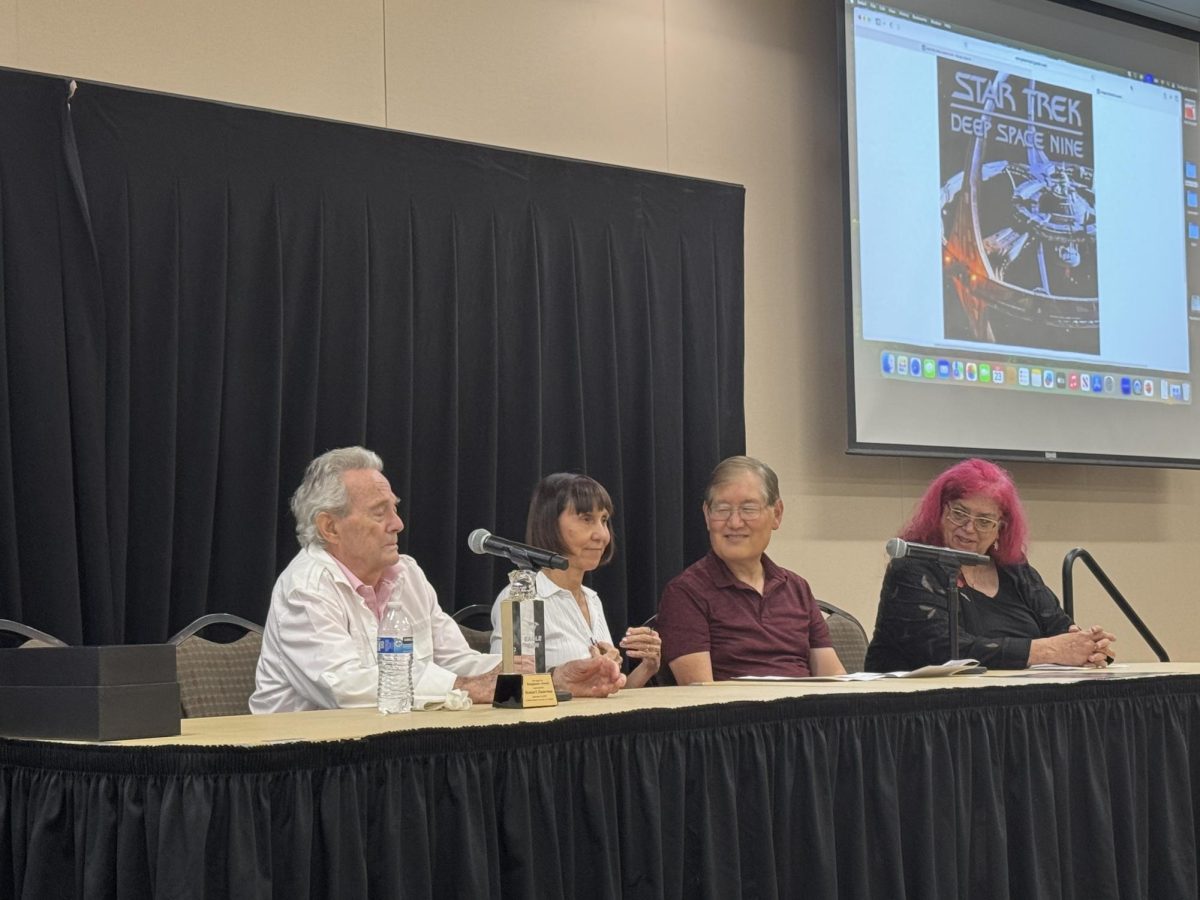

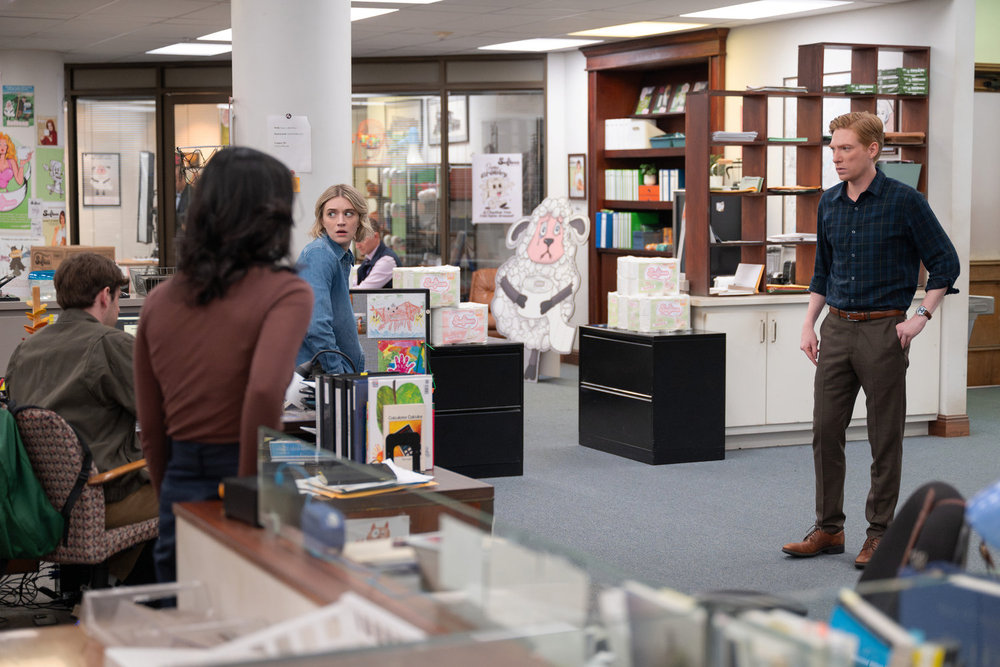

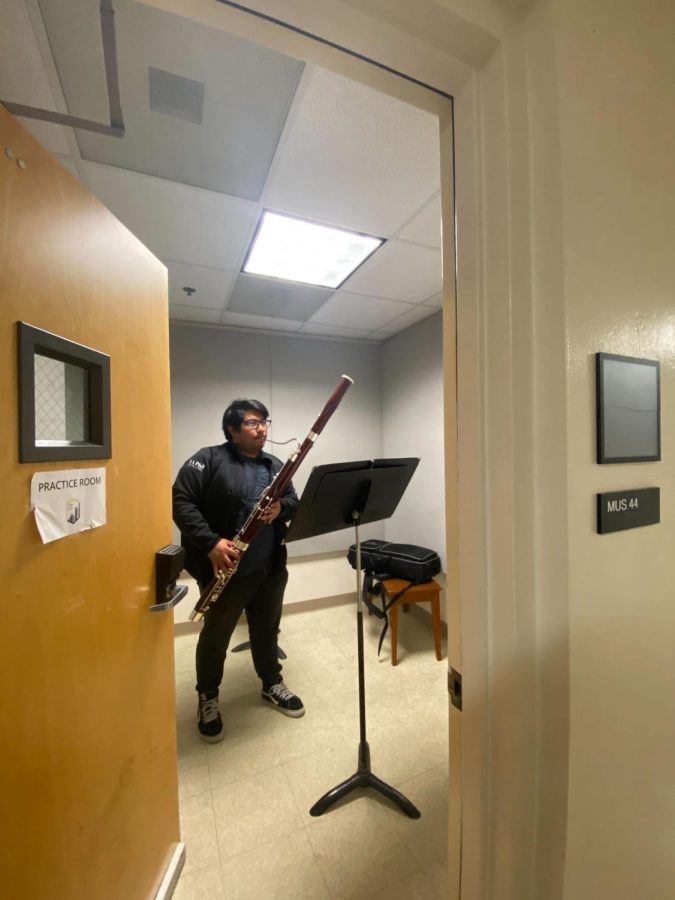
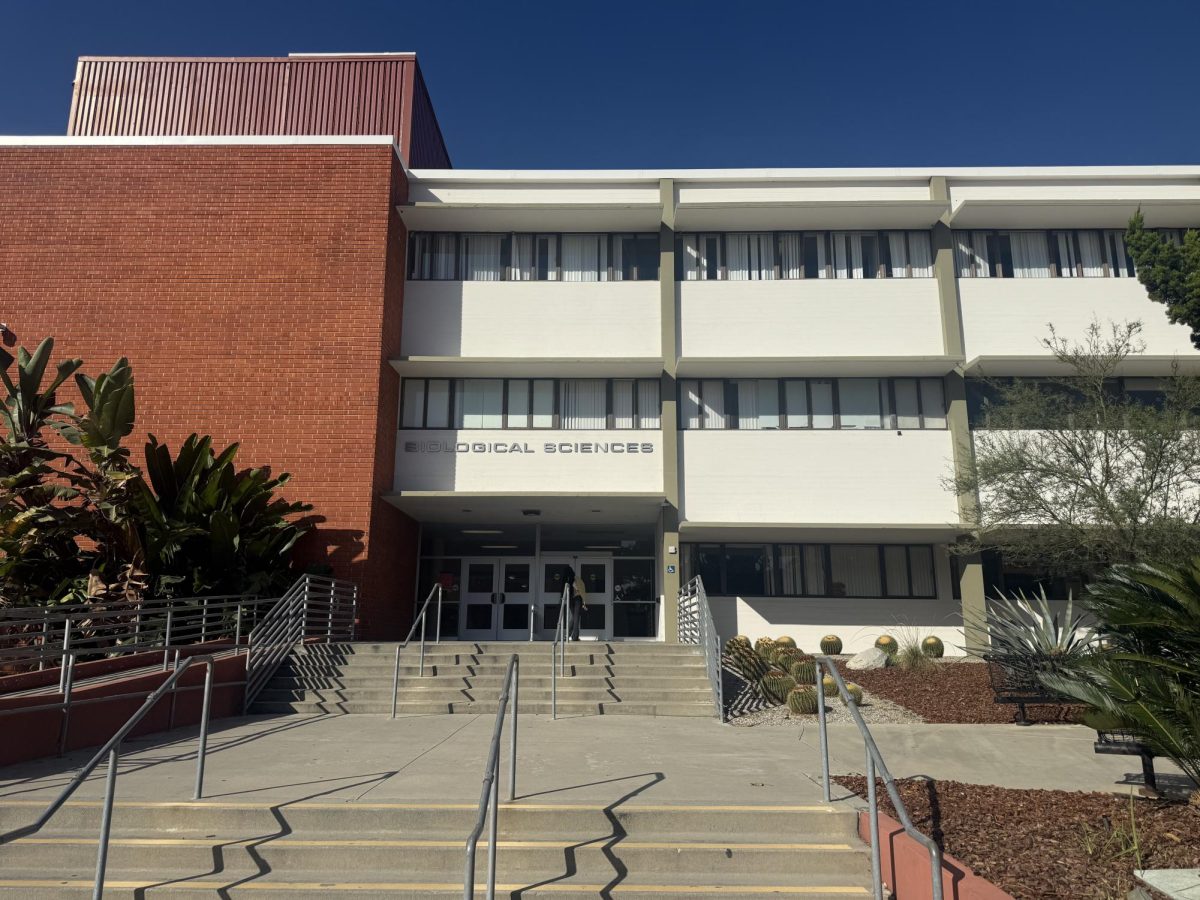

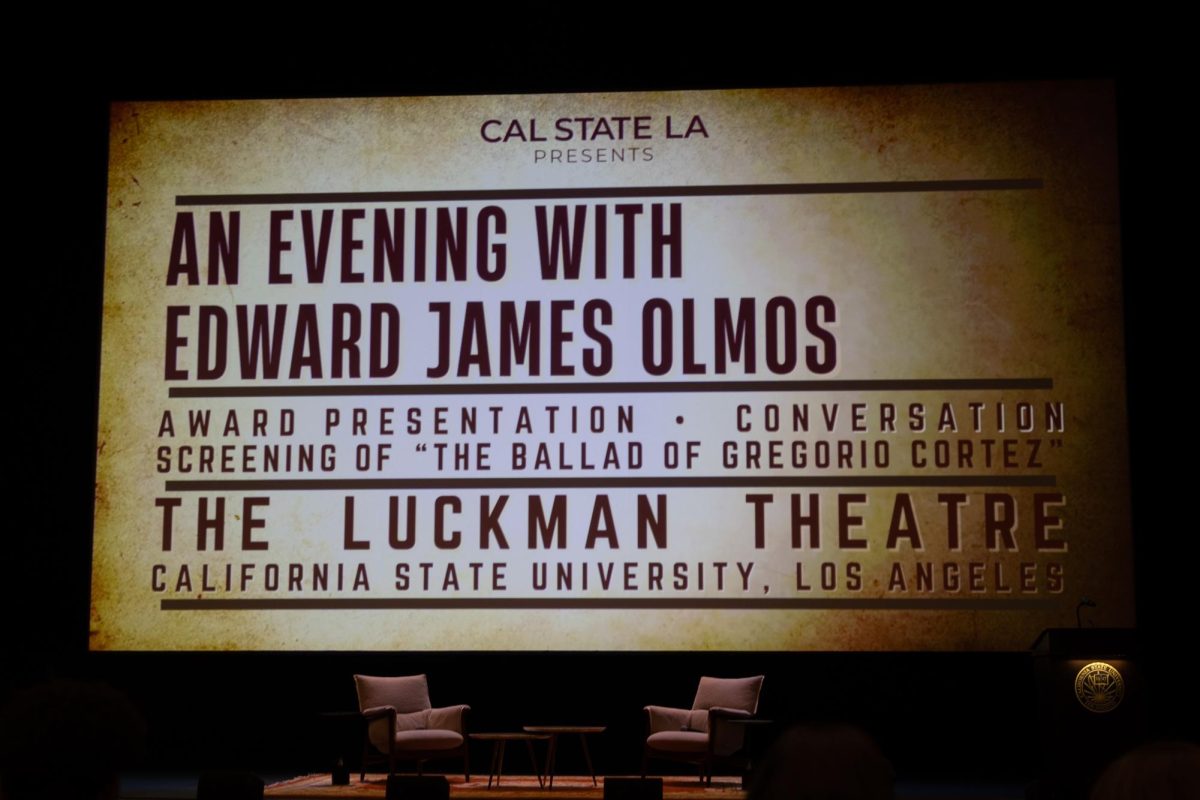

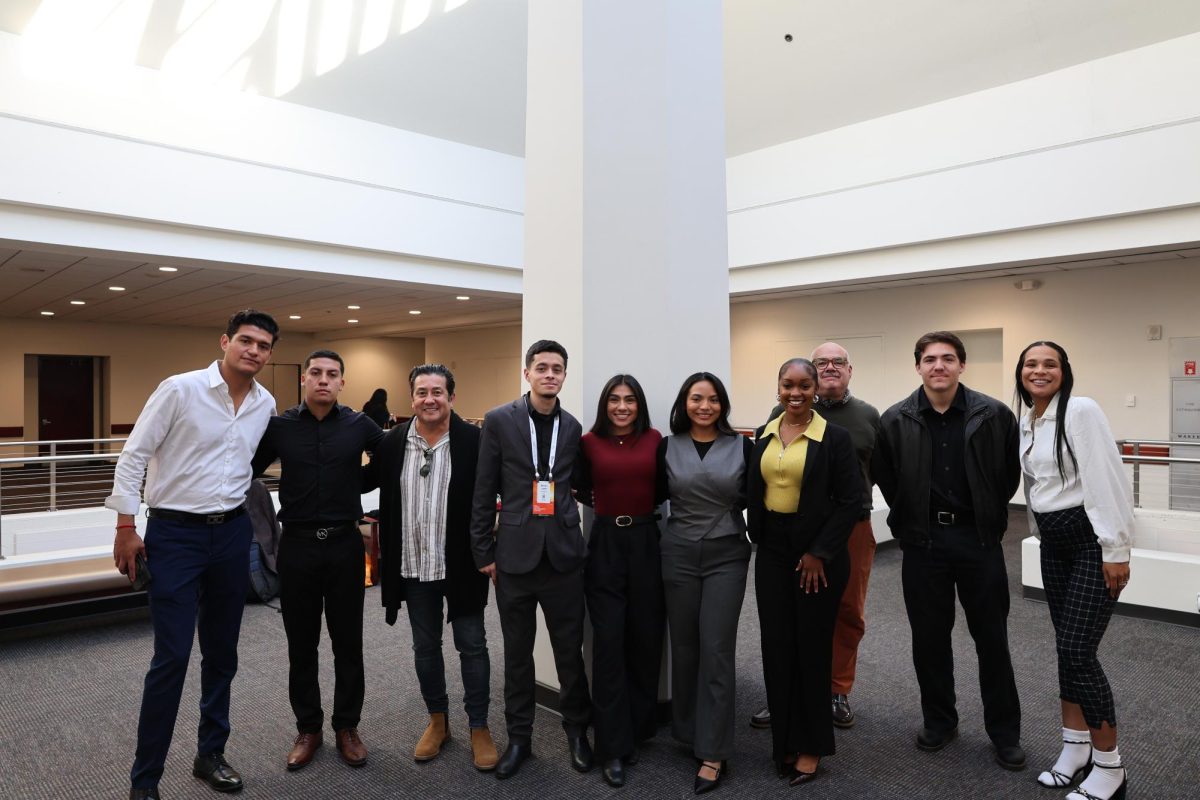

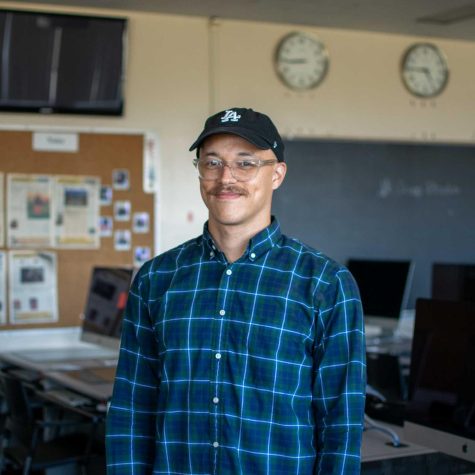
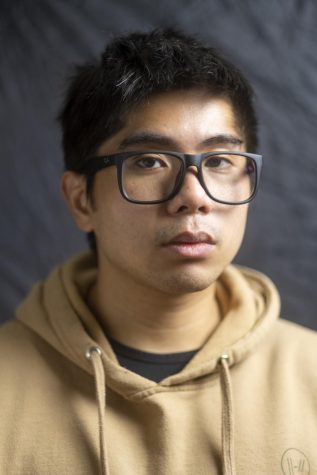
Melissa Reynolds • Apr 14, 2022 at 5:08 pm
Great Article!! This hit home for me as I’m an older student in my mid 40’s.